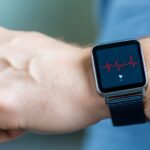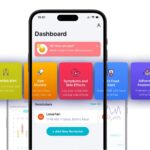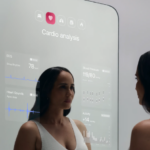Is it possible to predict blood pressure? What your blood pressure will be tomorrow? Several teams of scientists have attempted to apply AI, ML and other latest high-tech to be able to predict blood pressure readings. Recent advancements in technology and research have led to innovative methods for predicting blood pressure.
Machine Learning Models To Predict Blood Pressure
Researchers at the University of Texas Health Science Center developed machine learning models to predict systolic and diastolic blood pressure. They used demographic and clinical variables. These models analyze large datasets to identify patterns and factors contributing to hypertension, enabling personalized risk assessments and early interventions.
Artificial Intelligence in Hypertension Treatment
A team at Boston University has created a machine learning computer model. It assists in matching hypertension patients to the most effective medications. Hence, by analyzing patient-specific characteristics, such as demographics, vital signs, and medical history, the model provides tailored treatment recommendations.
PPG Continuous Blood Pressure Monitoring
Advances in wearable technology have led to the development of systems that predict blood pressure. These use photoplethysmography (PPG) and electrocardiogram (ECG) signals. Researchers have designed a continuous blood pressure prediction system that merges features extracted from PPG and ECG signals. This allows for non-invasive, real-time monitoring. This approach offers a convenient and efficient method for tracking blood pressure fluctuations throughout the day.
Personalized Blood Pressure Estimation With Wearable Sensors
A study conducted by researchers at Texas A&M University explored the use of domain-adversarial neural networks to develop personalized models for blood pressure estimation from wearable sensor data. By leveraging data from wearable devices, the model provides individualized blood pressure predictions, enhancing the accuracy of monitoring and enabling timely interventions.
Genetic Screening for Hypertension Risk
Researchers from Stanford University and Genomics have demonstrated that genetic screening can identify individuals at high risk for developing hypertension and other diseases. By analyzing genetic data, healthcare providers can implement early interventions and personalized prevention strategies, potentially reducing the incidence of hypertension-related complications.
Conclusion
Therefore, the integration of advanced technologies such as machine learning, artificial intelligence, and wearable devices into healthcare has opened new avenues for predicting and managing blood pressure. These innovations hold promise for personalized treatment plans, early interventions, and improved patient outcomes. As research progresses, these predictive tools may become integral components of routine healthcare, aiding in the global effort to combat hypertension and its associated risks.






